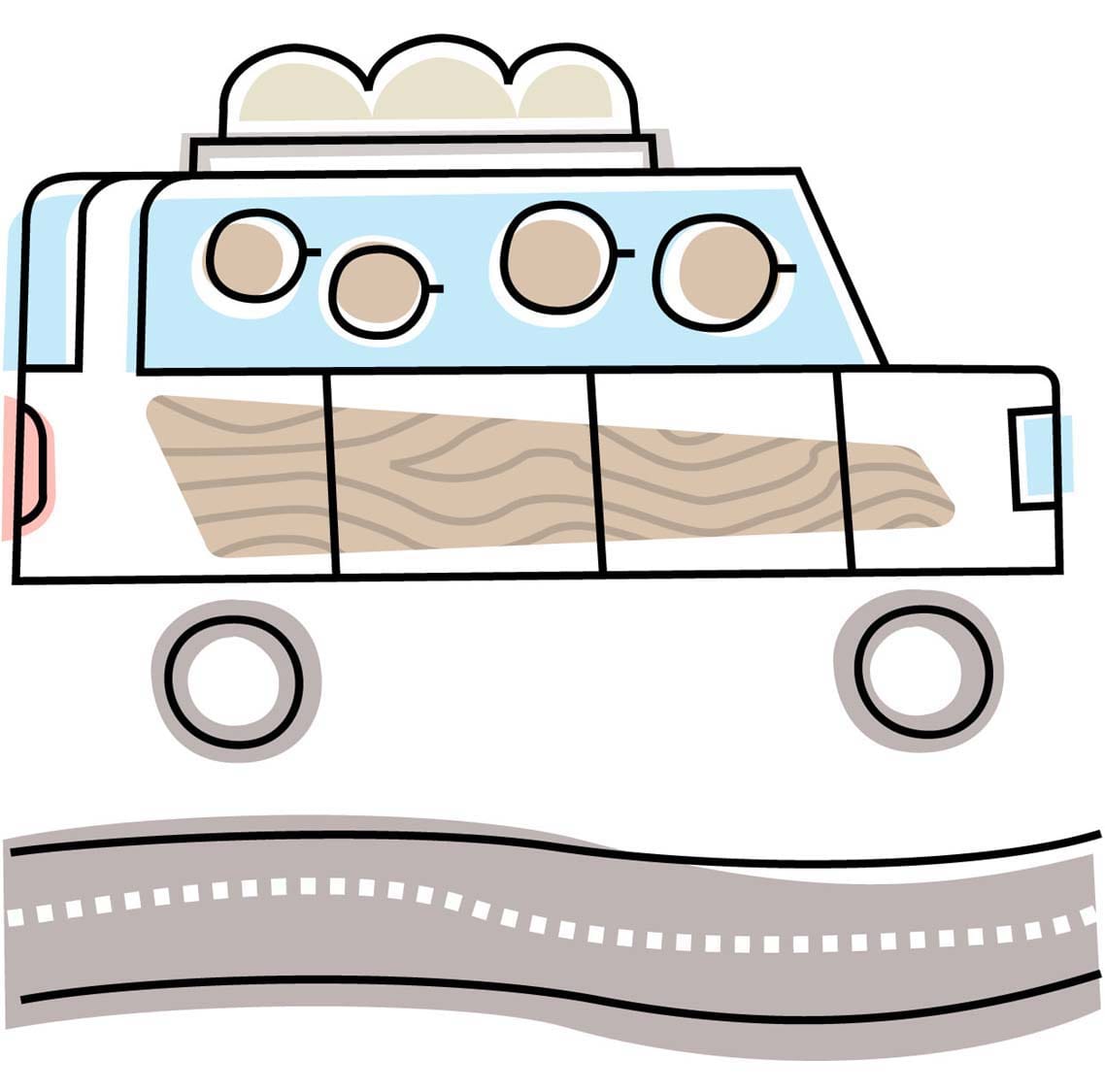The sun is shining. The kids are out of school. Summer has officially begun.
Time for a vacation.
But before piling into the car for the family road trip, boarding an airplane or heading out on a camping trip, consider this: a national travel survey found 63 percent of travelers said they or a companion have gotten sick while on vacation.
Dr. Mark Shaver, a family medicine physician at The Vancouver Clinic in Battle Ground, and Chris Stamatakos, a physician assistant at Legacy Medical Group’s Salmon Creek Family Medicine, share their tips for keeping the family healthy while vacationing.
Flying
Airplanes are the perfect place to catch a bug, Shaver said.
“Those things are kind of like flying petri dishes,” he said.
Two of the most important things you can do when flying are wash your hands often and avoid touching your face, Shaver said.
Staying hydrated is also important, he said.
Many people will drink coffee or soda on airplanes, but they’re not drinking any water. Shaver recommends drinking two glasses of water for every cup of coffee or soda.




